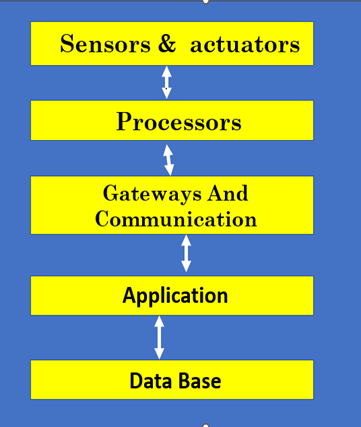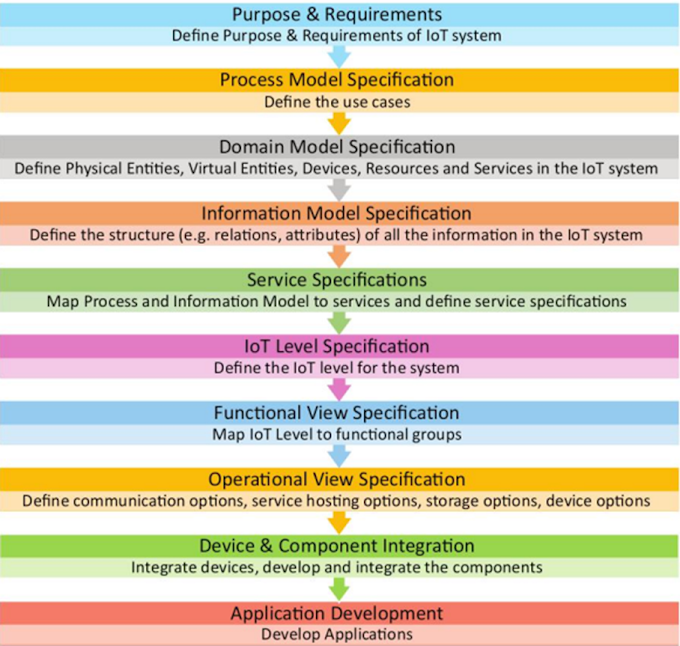OFF-PREMISES CLOUD SERVICES
Off-premises cloud
services, also known as public cloud services, refer to cloud computing
resources and capabilities that are hosted and managed by third-party cloud
service providers in their own data centres s or infrastructure, rather than
being deployed within an organization's own premises. These off-premises cloud
services are accessible to multiple customers over the internet and offer
scalability, flexibility, and cost-effectiveness without the need for
organizations to invest in and maintain their own infrastructure.
Some key aspects and features of off-premises cloud services:
1. Infrastructure Outsourcing: With off-premises cloud services, organizations outsource the management and operation of cloud infrastructure, including servers, storage, networking, and data Centers, to third-party cloud service providers.
2. Shared Resources: Off-premises cloud services operate on a shared infrastructure model, where multiple customers share the same physical resources, such as servers and storage systems, hosted in the cloud provider's data Centers.
3. Scalability and Elasticity: Off-premises cloud services offer scalability and elasticity, allowing organizations to dynamically scale resources up or down based on workload demands.
4. Pay-as-You-Go Pricing: Off-premises cloud services operate on a pay-as-you-go or consumption-based pricing model, where customers only pay for the resources they consume.
5. Global Availability: Off-premises cloud services are hosted in data Centers located across multiple geographic regions and availability zones, providing global availability, fault tolerance, and low-latency access to cloud resources from anywhere in the world.
6. Managed Services: Off-premises cloud providers offer a wide range of managed services and platform-as-a-service (PaaS) offerings, including databases, analytics, machine learning, AI, IoT, and developer tools.
7. Security and Compliance: Off-premises cloud providers implement robust security measures, compliance certifications, and data protection mechanisms to safeguard customer data and ensure regulatory compliance.
8. Integration and Interoperability: Off-premises cloud services support integration with third-party services, tools, and APIs, enabling organizations to build and deploy cloud-native applications, hybrid architectures, and multi-cloud environments.
Benefits of Off-Premises Cloud Services:
Cost-Effectiveness: Public cloud eliminates the need for upfront capital expenditure on hardware, software, and data Centre setup.
Scalability and Elasticity: Public clouds
excel in elastic scaling. Resources can be easily scaled up or down based on
your workload demands, optimizing resource utilization and cost efficiency.
Agility and Innovation: Cloud services
offer on-demand access to a wide range of services and capabilities. This
allows businesses to innovate and adapt to changing market conditions more
quickly.
Improved Disaster Recovery: Many cloud providers offer built-in disaster recovery features and geographically distributed data Centers.
Global Availability and Access: Cloud
resources are accessible from anywhere over the internet with a standard
internet connection. This provides location independence and remote access to
applications and data for users and organizations.
-----------------------------------------
USE OF OFF-PREMISES CLOUD SERVICES:
Infrastructure as a Service (IaaS): Rent
virtual servers, storage, and networking components on-demand.
Platform as a Service (PaaS): Develop,
deploy, and manage applications on a cloud platform.
Software as a Service (SaaS): Access and use
software applications over the internet without installing them on your
devices.
Big Data Analytics: Leverage cloud-based
platforms for processing and analyzing large datasets.
Backup and Disaster Recovery: Store backups
of your data in the cloud for disaster recovery purposes.
Web Hosting: Host websites and applications on cloud servers
for scalability and performance.
-------------------------------------------------------
drawbacks
While off-premises cloud services offer numerous advantages, there are
also some drawbacks to consider:
Security Concerns: Since you share the underlying infrastructure with other users, there's an inherent risk of security breaches or data leaks.
Limited Control: You have less control over the underlying infrastructure compared to a private cloud.
Vendor Lock-in: Migrating a significant amount of your IT infrastructure to a public cloud provider can lead to vendor lock-in.
Network Dependency: The performance of cloud resources can be impacted by internet bandwidth limitations or outages beyond your control.
----------------------------------------------------------------------------------------



0 Comments